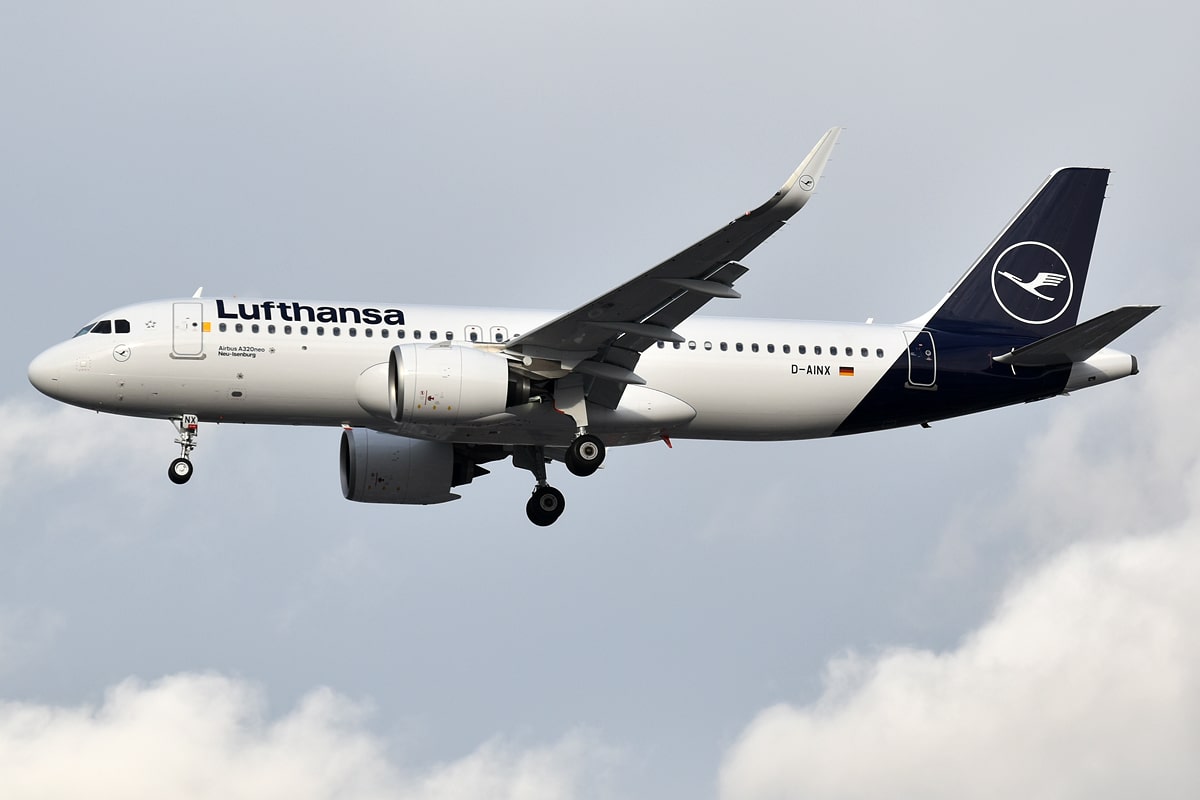Electronic warfare in the Middle Eastern air space is affecting civilian air travel and has the potential to affect other businesses and devices in Cyprus, it emerged on Tuesday.
The tactic of interference in Global Positioning Systems (GPS) signals, which has become increasingly common, can cause planes to lose their satellite signals.
Flights have been diverted and pilots have received false location reports or inaccurate warnings that they were flying close to terrain, according to European Union safety regulators.
The phenomenon recently affected a Lufthansa plane heading from Adana in southern Turkey to Larnaca on an indirect flight, according to a German news outlet report relayed by Philenews.
According to the source, the pilot lost access to the plane’s coordinates and started receiving false data, forcing him to turn off his GPS receivers.
After the crew disabled the GPS, the position of the aircraft was precisely established and conveyed by the Larnaca airport authorities.
Lufthansa, one of the largest air companies in the world, has issued a specific protocol for its pilots in the event of such incidents, termed “intentional crisis” situations.
European aviation safety authorities last year warned of risks from increased incidents following Russia’s invasion of Ukraine, and the Federal Aviation Administration (FAA) has also warned pilots about GPS interference in the Middle East.
Cyprus’ civil aviation authorities and air traffic controllers have been alerted to the unintended consequences of these military tactics and the potential risks posed to passenger planes since at least 2012, during the Syrian civil war, sources claim.
According to the same sources, since the attack of Hamas on October 7 and Israel’s military operations in Gaza, incidences affecting civilian planes in the region are occurring at rates of up to ten on some days, and none on others.
GPS/GNSS signals, considered an “invisible public utility”, are relied on by smartphones, cars, stock exchanges, data centres and countless other industries, for time, navigation or both.
Two types of signal capture, referred to as “jamming” and “spoofing”, can affect GPS data transmission.
Both attacks, but spoofing in particular, pose “a serious interference in the security of civil aviation and a threat to the safe conduct of civil flights”, a spokesman for Lufthansa, commenting on a German aeronautical website said.
Jamming, is interference on frequencies from external sources. It can cause the receiver to lose position information.
Minor interference with GPS signals is fairly common, and jamming devices, while illegal to use, are inexpensive and easy to obtain. Governments, too, have been willing to overtly interfere with signals as a tactic of electronic warfare.
Spoofing, until recently considered rare, is an attack aimed at overriding a GPS-enabled device’s original location. When this happens fake GNSS/GPS signals reach the receiver, deceiving the user with a display of false locations or time.
According to the European Aviation Safety Agency (EASA), GPS spoofing has risen since 2022 and its sophistication is increasing, making it hard to distinguish from legitimate information. Researchers note that Beirut, Cairo, Baghdad and Tel Aviv are currently hotspots for spoofing attacks.






Click here to change your cookie preferences